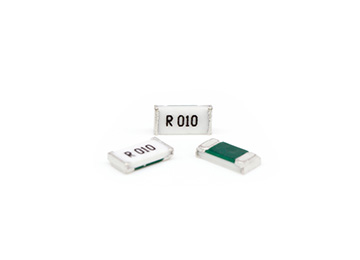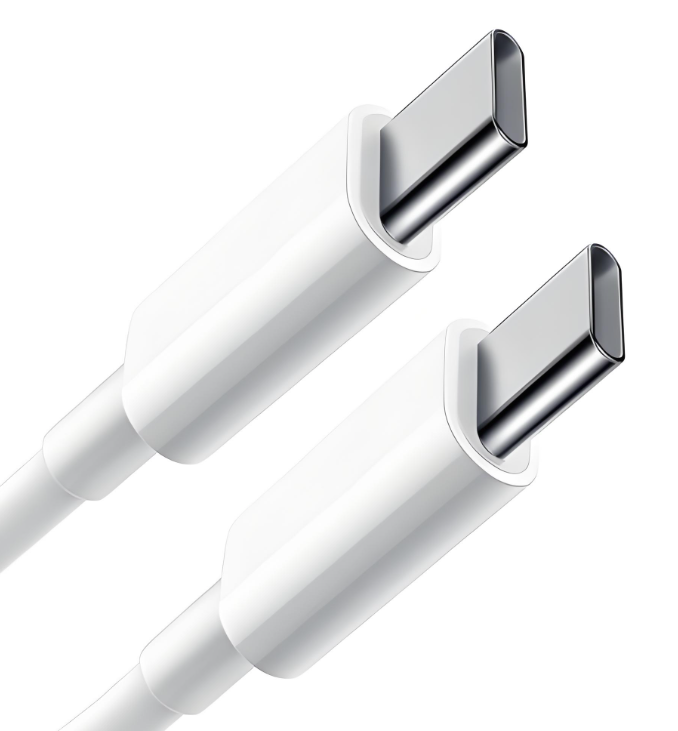In data cables, alloy resistors are mainly used for high-precision current detection, overcurrent protection, and power management functions, especially in high-performance data cables that support fast charging, high current transmission, or intelligent control. The following are specific application scenarios and analysis of alloy resistance parameters involved:
The recommended alloy resistors for data cables are the Huade STE series and Huade Mstc series:

1、 Scenario of using alloy resistors in data cables
1. Fast charging data cable
The data cable supporting fast charging (such as PD fast charging, QC protocol) needs to monitor the current in real time to prevent overcurrent damage to the equipment. Alloy resistors, due to their low resistance and high precision characteristics, are often integrated into control circuits of data lines for precise current sampling and feedback to charging chips. For example, the fast charging data cable of a mobile phone dynamically adjusts the current through an alloy resistor to ensure charging efficiency and safety.
2. High power data cable (such as USB-C 100W)
During high-power transmission, the current may reach over 5A. The low resistance value of alloy resistors (such as 0.5m Ω~15m Ω) can reduce power loss, while the high power carrying capacity (such as 1W~4W) ensures stable operation in high temperature environments, preventing overheating and faults.
3. Intelligent data cable (with chip control)
The data cable with built-in intelligent chips requires precise control of current and voltage, and alloy resistors are used for current limiting, voltage division, or signal conditioning. For example, some data cables are matched with MCU through alloy resistors to achieve adaptive adjustment of charging power or optimization of data transmission.
2、 Key parameters of alloy resistance in data cables
1. Low resistance (milliohm level)
When used for current detection, the resistance value is usually 0.5m Ω~100m Ω to reduce voltage drop and power loss. For example, alloy resistors ranging from 1m Ω to 20m Ω are commonly used in fast charging data cables to achieve efficient current sampling.
2. High precision (± 0.5%~± 5%)
High precision is required for current detection to ensure the accuracy of the control algorithm. For example, automotive grade data cables may require an accuracy of ± 1%, while consumer grade products can be relaxed to ± 5%.
3. Low temperature coefficient (TCR)
The temperature coefficient (such as ± 50ppm/℃) ensures that the resistance value changes very little during temperature fluctuations, avoiding detection errors caused by heating. This is particularly important in long-term high load charging scenarios.
4. High power tolerance (1W~5W)
In high current scenarios, resistors need to be able to withstand high power. For example, alloy resistors packaged in 1206 can have a power of up to 1W~3W, making them suitable for high-power data cables such as USB-C 100W.
5. High temperature resistance and stability
The working temperature range is usually -55 ℃~+170 ℃, which is suitable for the use of data cables in complex environments, such as high temperatures inside cars or extreme outdoor climates.
3、 Typical application cases
1. Mobile fast charging data cable
Parameter example: 15m Ω± 1%, 1W, TCR ± 50ppm/℃.
Function: Real time monitoring of charging current, dynamically adjusting output power in conjunction with the chip to prevent overcharging or overheating of the battery.
2. Laptop power cord
Parameter example: 5m Ω± 2%, 2W, TCR ± 75ppm/℃.
Function: Used in power adapters for current feedback, ensuring stable output and protecting motherboard circuits.
3. Charging cable for new energy vehicles
Parameter example: 50m Ω± 1%, 3W, vehicle grade certification.
Function: Accurately manage charging and discharging currents in charging stations or vehicle BMS, ensuring battery safety and lifespan.

4、 Selection and safety considerations
Flame retardant and corrosion-resistant: The data cable needs to pass UL, IEC and other certifications, and the packaging material of the alloy resistor (such as ceramic substrate, flame-retardant epoxy resin) needs to match the overall design of the data cable to avoid the risk of combustion caused by local high temperature.
Electromagnetic compatibility: The low inductance design of alloy resistors can reduce interference with data line signal transmission, especially in high-speed data transmission scenarios (such as USB 3.0 and above).
Alloy resistors are mainly used in data lines for current detection, overcurrent protection, and power management. Their low resistance, high precision, and low-temperature drift characteristics make them the core components of high-performance data lines. When selecting, it is necessary to consider power requirements, environmental temperature, and safety standards, and prioritize the selection of automotive or industrial certified products to enhance reliability.
